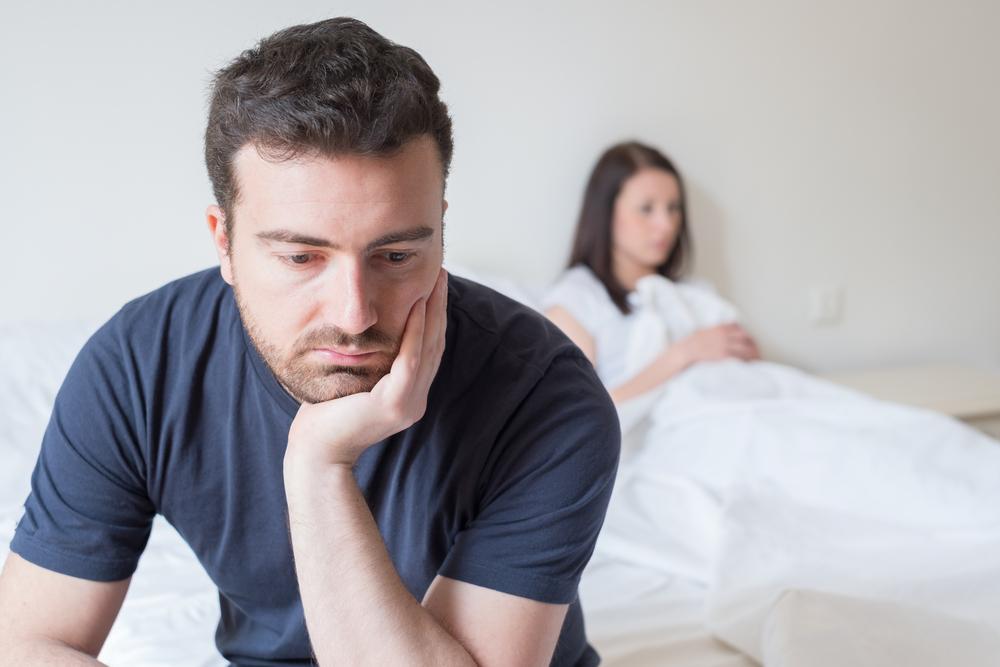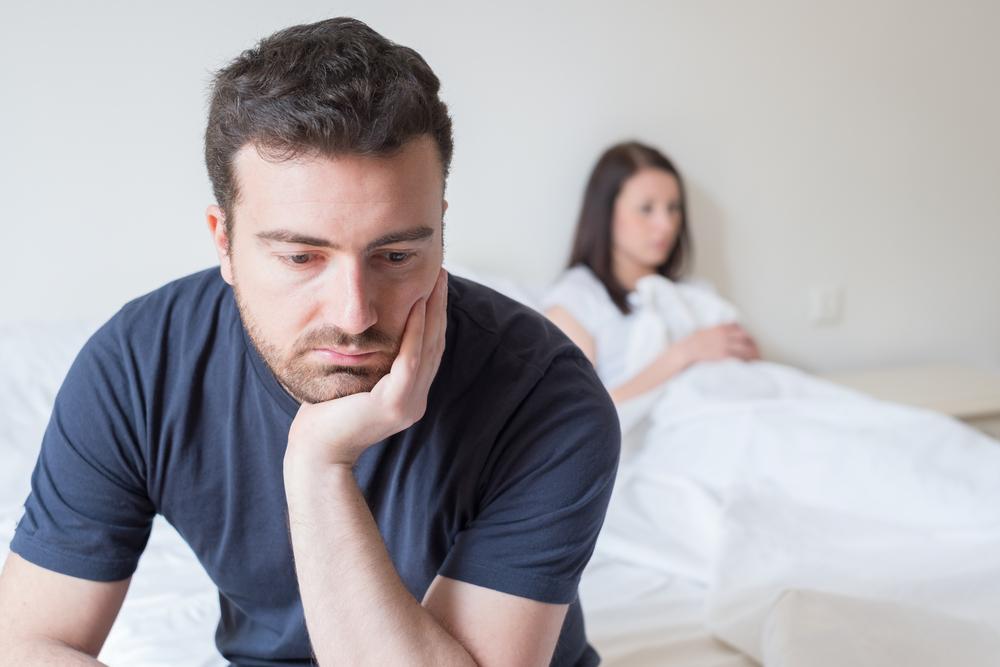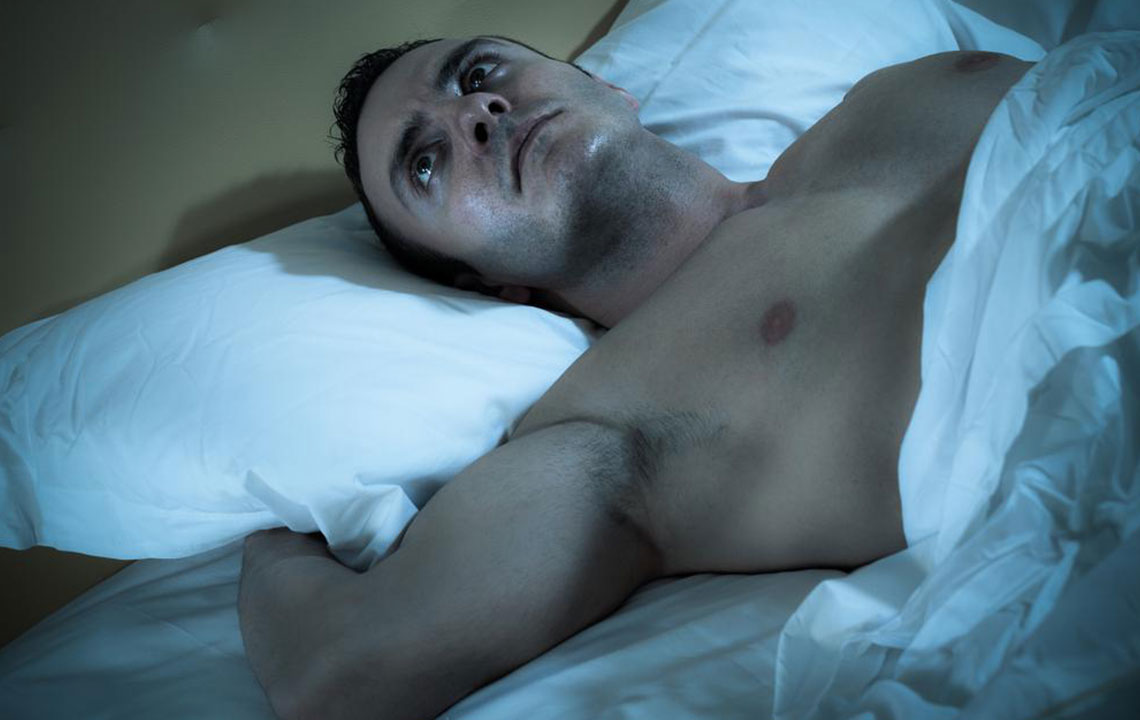Understanding Female Sexual Desire Disorder: Causes and Solutions
Female Sexual Desire Disorder (FSDD), or low libido, affects women with reduced interest in sex lasting over six months. It can stem from physical, psychological, hormonal, or relational issues. Recognizing symptoms like disinterest, lack of arousal, and emotional distress is important. Causes include health conditions, medication side effects, hormonal changes during menopause or postpartum, stress, or relationship problems. Seeking medical advice is crucial for diagnosis and effective treatment. Addressing FSDD can improve overall well-being, intimacy, and self-confidence, emphasizing that support is readily available for women experiencing this condition.
Sponsored

Female Sexual Desire Disorder (FSDD), also called low libido, affects women by diminishing their interest in sex. Though naturally fluctuating desire is common, persistent low interest lasting over six months may impact relationships and self-esteem, warranting medical advice. Many women dismiss these symptoms as aging or fatigue, but recognizing and addressing this condition is essential for overall health. Seeking professional help can lead to effective treatment options and restore a healthy sexual drive, enhancing well-being and relationships.
Signs to Watch For
Minimal to no interest in sexual activity
Few or no sexual thoughts or fantasies
Displeasure during intimacy
No pleasurable sensations from genital contact
No desire to initiate sex
If these symptoms persist beyond six months, it's important to consult a healthcare professional, as it could indicate FSDD rather than normal aging or fatigue.
Possible Causes of FSDD
Pain during sex or difficulty reaching orgasm can reduce sexual desire.
Health conditions like arthritis, diabetes, hypertension, and neurological disorders may decrease libido.
Medications such as antidepressants might lower sexual interest.
Smoking diminishes blood flow, affecting arousal; excess alcohol consumption also impacts desire.
Surgical procedures on the breasts or genital area can negatively influence libido.
Fatigue from illness or recovery diminishes sexual interest.
Psychological Factors:
Depression or anxiety
Work, financial, or social stress
Negative body image
Low self-esteem
History of trauma or abuse
Hormonal Influences:
Menopause results in decreased estrogen, vaginal dryness, and reduced desire, making sex uncomfortable.
Postpartum hormonal fluctuations, body image issues, and fatigue after childbirth can lower libido.
Other factors include relationship issues, poor communication, unresolved conflicts, or lack of attraction. Multiple causes may coexist.
Consulting a healthcare provider can help identify the root cause and recommend suitable treatments. Whether through medication adjustments or addressing underlying health issues, professional guidance ensures effective management. Remember, experiencing low libido is common, and help is available—knowing the symptoms and seeking support promotes better sexual health and confidence.






